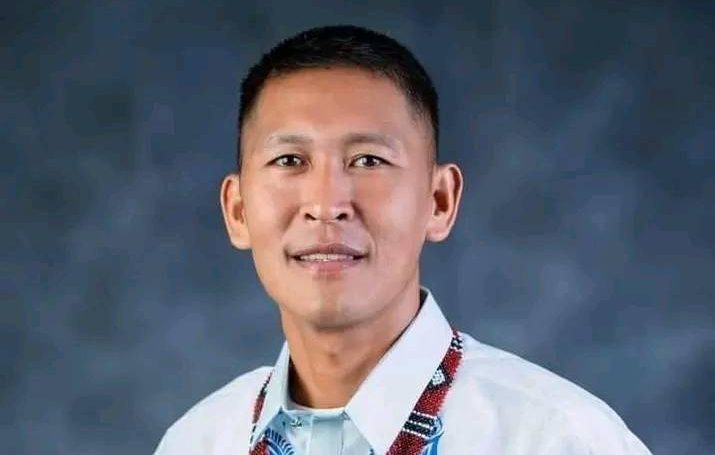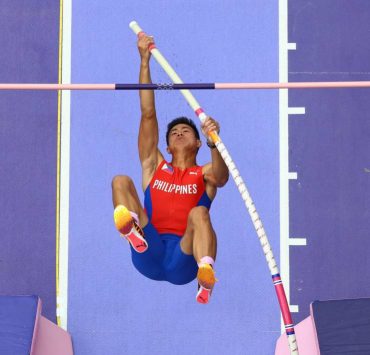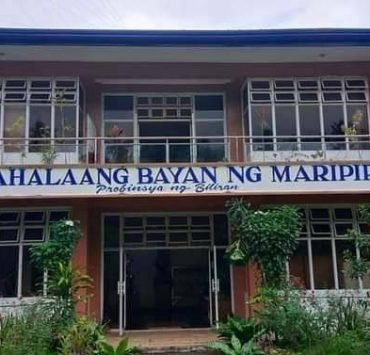DILG orders probe into ambush-slay of Maguindanao town vice mayor, aide

Department of Interior and Local Government Secretary Benhur Abalos on Saturday ordered an investigation into last Friday’s ambush-slay of the vice mayor of South Upi town in Maguindanao del Sur and his nephew and the wounding of two other members of his family.
In a statement, the DILG chief said he also ordered the Philippine National Police to coordinate with the military to pursue the suspects in the killings of South Upi Vice Mayor Roldan M. Benito and Weng Marcos, his nephew and also security aide, on Friday afternoon in Sitio Linao, Barangay Pandan of the town.
“They will leave no stone unturned until they (police) have arrested them (the suspects) and unmasked the masterminds,” he said, stressing, “We will do our utmost to seek justice for the victims.”
He added: “We also appeal to the public to get in touch with the authorities if they have any information that can help in the quick resolution of this case.”
Benito, a leading member of the indigenous Teduray tribe in the Maguindanao provinces, and Marcos, as well as Benito’s family and security detail, were on board a pick-up truck when unknown men fired shots at their vehicles at around 5 p.m., according to the Bangsamoro Regional Police Office.
Benito’s wife, Analyn, the chairwoman of Barangay Pandan, and one of their children, 11, were wounded. The other child, 13, was unharmed.
The South Upi Police and the 57th Infantry Battalion of the Philippine Army have initiated clearing and pursuit operations, the Bangsamoro police added.
Senseless
South Upi Mayor Reynalbert Insular, a political ally of Benito, has condemned the attack as a “senseless act of violence.”
“We are shocked and outraged by the brutal ambush that claimed the life of our beloved Vice Mayor Roldan M. Benito… This senseless act of violence against a committed public servant and his family has no place in our community, and we condemn it in the strongest possible terms,” he said in a statement Saturday.
The central leadership of Timuay Justice and Governance (TJG), an indigenous political structure of the Teduray and Lambangian non-Moro indigenous peoples (NMIPs) in South Central Mindanao and the Bangsamoro region, said it mourned the death of Benito.
Letecio Datuwata, the “Timuay Labi” or supreme tribal chieftain of TJG, described Benito as “a strong indigenous Teduray political leader.”
Benito was in his first term as vice mayor, winning office along with now third-term Mayor Insular.
Brig. Gen. Prexy Tanggawohn, director of Police Regional Office for the Bangsamoro, said Benito was on his way home to Sitio Bahar of Barangay Pandan driving his orange Strada pick-up when attacked along Sitio Linao.
The vice mayor’s wounded wife and 11-year-old child were still recuperating in a local hospital.
Col. Roel Sermese, Maguindanao del Sur police director, said a manhunt had been launched against five to seven gunmen believed responsible for the ambush.
Long list
According to the TJG’s documentation of NMIP killings, Benito’s death added to the list of over 80 Teduray and Lambangian leaders and community members who were killed, ambushed or massacred since the approval of the Bangsamoro Organic Law, which created the Bangsamoro Autonomous Region in Muslim Mindanao that supposedly ushered in inclusive and sustainable peace in the once troubled region.
“Of all these more than 80 lives lost until today, none are resolved, hence because of this, we concluded that there is impunity in this region,” Datuwata said.
“With this, we strongly condemn the brutal killing of our local political leader,” Datuwata added.
TJG has called for a deeper investigation on the continuing killing among NMIPs since 2018, telling the Inquirer that Benito’s ambush is motivated by land conflict.
“These groups had been harassing IPs (Indigenous people) and shooed them away to occupy some areas in Upi, South Upi and some nearby towns,” Datuwata said.
Datuwata added that in the past, there were already armed confrontations in Bahar village where Benito resided.
“The Moro armed group wanted to grab their lands, but I believe there was already an intervention led by the provincial government, the Coordinating Committee on the Cessation of Hostilities (of the Moro Islamic Liberation Front) and the municipal government,” according to Datuwata.

















